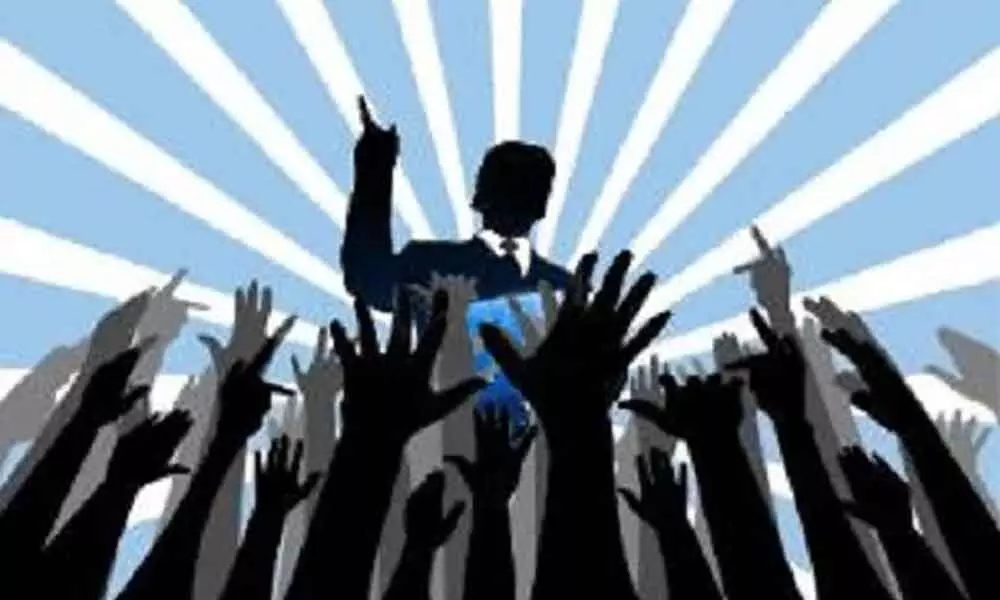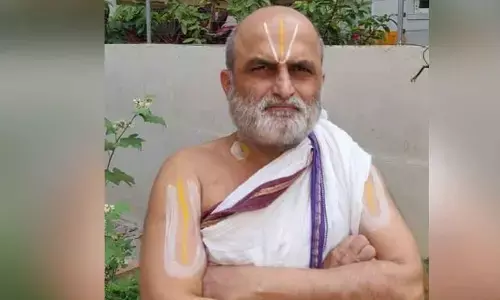Shifting power equations, a constant

Shifting power equations, a constant
Does power change a person? Yes. It is the ready refrain of a commoner. But how much it does so is best known to those close to the person who is undergoing the process of change soon after acquiring power.
Does power change a person? Yes. It is the ready refrain of a commoner. But how much it does so is best known to those close to the person who is undergoing the process of change soon after acquiring power.
Listen to all those close to power centres initially but fall out with their leader sooner or later and try to understand the psychology behind the change. All of us have seen how even the smallest dose of power could change a person.
This is more so in politics. It has also become common for those who fall out and those who are disgruntled or unhappy with the leadership of the ruling parties in the country to switch loyalties to the opposite camps singing their litany of complaints against the former bosses. Even the best of friends have become the worst of enemies, having fallen out.
Several leaders in the country could be seen facing music from their friend-turned-foe nowadays. Their number is only increasing because of the authoritarian ways of individuals. Psychologists who studied the subject deeper tell us that the leaders simply get too busy to listen to their colleagues and cabinet members. As they don't have time to fully attend to their less powerful counterparts a gap tends to grow between them and it keeps only increasing by the day.
Narendra Modi, Mamata Banerjee, Amit Shah, Amarinder Singh, Kejriwal, Thackaray, Yediyurappa...it is a long list and each of these tell us that power breaks equations, sometimes at least. Psychologists and neuroscientists point out that power fundamentally changes how the brain operates. Studies show that the mirror system in the brain is at full play.
The mirror system is important because it contains neurons that become active in both the persons, the powerful and the less powerful. The researchers found that the empathy factor was higher when people were powerless and people feel powerful, it is far lesser.
This may be the cause that some leaders get sidelined because, as the research points out, those in higher power positions lose the capacity to understand what the less powerful are thinking. So people get sidelined. However transparent a leader might be in his/her actions, those who beg to differ with them say that they were witness to systematic dismantling of the Cabinet powers that is mandated in our Constitution.
The leader's choice is automatically implemented. Only when they come out, such less powerful leaders often claim that the priority of the governments was not to work for the poor and the oppressed but to fix political opponents by hook or by crook.
We also have an interplay of investigative agencies around this time leading to charges of misuse of power. Of course, words of a disgruntled ally, spoken when the relationship is breaking down, need to be taken with a pinch of salt. But complaints of autocratic behaviour have not just come from disgruntled allies, but from within the parties.
Party colleagues who are forcibly retired feel compelled to issue public statements against their leaders. The benefit of doubt always goes to the more powerful in such cases and it is the credibility of those levelling allegations that gets dented. None of this is in the public interest anyway. Alas!










